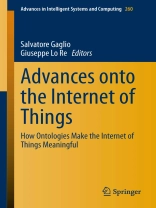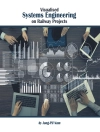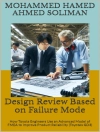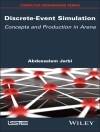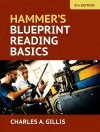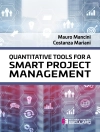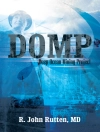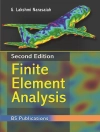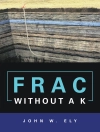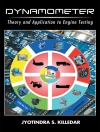The title of this book is a pun on the use of the preposition “onto” with the aim of recalling “Ontology”, the term commonly adopted in the computer science community to indicate the study of the formal specification for organizing knowledge.
In the field of knowledge engineering, Ontologies are used for modeling concepts and relationships on some domain.
The year 2013 celebrates the twentieth anniversary of the World Wide Web. The simple network of hypermedia has transformed the world of communications with enormous implications on the social relationships. However, traditional World Wide Web is currently experiencing a challenging evolution toward the Internet of Things (Io T), today feasible thanks to the integration of pervasive technologies capable of sensing the environment.
The most important contribution of Io T regards the possibility of enabling more efficient machine-to-machine cooperation. To such aim, ontologies represent the most suitable tool to enable transfer and comprehension of information among computer applications, even those designed and developed by unrelated people in different places.
This book proposes a collection of contributions illustrating different applications following these directions and that are the outcomes of real experiences developed in the context of research projects.
Содержание
An Ontology-based Autonomic System for Ambient Intelligence Scenarios.- Detection of user activities in Intelligent Environments.- An AMI system for user daily routine recognition and prediction.- A Fuzzy Adaptive Controller for an Ambient Intelligence Scenario.- Design of an Adaptive Bayesian System for Sensor Data Fusion.- A Heterogeneous Sensor and Actuator Network Architecture for Ambient Intelligence.- Short-term sensory data prediction in ambient intelligence scenarios.- A structural approach to infer recurrent relations in data.- Hardware and software platforms for distributed computing on resource constrained devices.- From IEEE 802.15.4 to IEEE 802.15.4e: a Step towards the Internet of Things.- Extracting structured knowledge from sensor data for hybrid simulation.- Gait Analysis through Multiple Kinect Sensors.- 3D Scene Reconstruction Using Kinect.- Sensor Node Plug-in System: a service-oriented middleware for Wireless Sensor Networks.- Toward the next generation of Sensors as a Service.- Advances in Internet of things as related to the e-government domain for citizens and enterprises.- Low-Effort Support to Efficient Urban Parking in a Smart City Perspective.- An Integrated System for Advanced Multi-risk Management Based on Cloud for Io T.- Towards Internet Intelligent Services based on Cloud Computing and Multi-Agents.- Chatbots as interface to Ontologies.- Body Area Networks and Healthcare.- Urban air quality monitoring using Vehicular Sensor Networks.- Concentrated solar power: ontologies for solar radiation modeling and forecasting.- Designing Ontology-driven Recommender Systems for Tourism.
